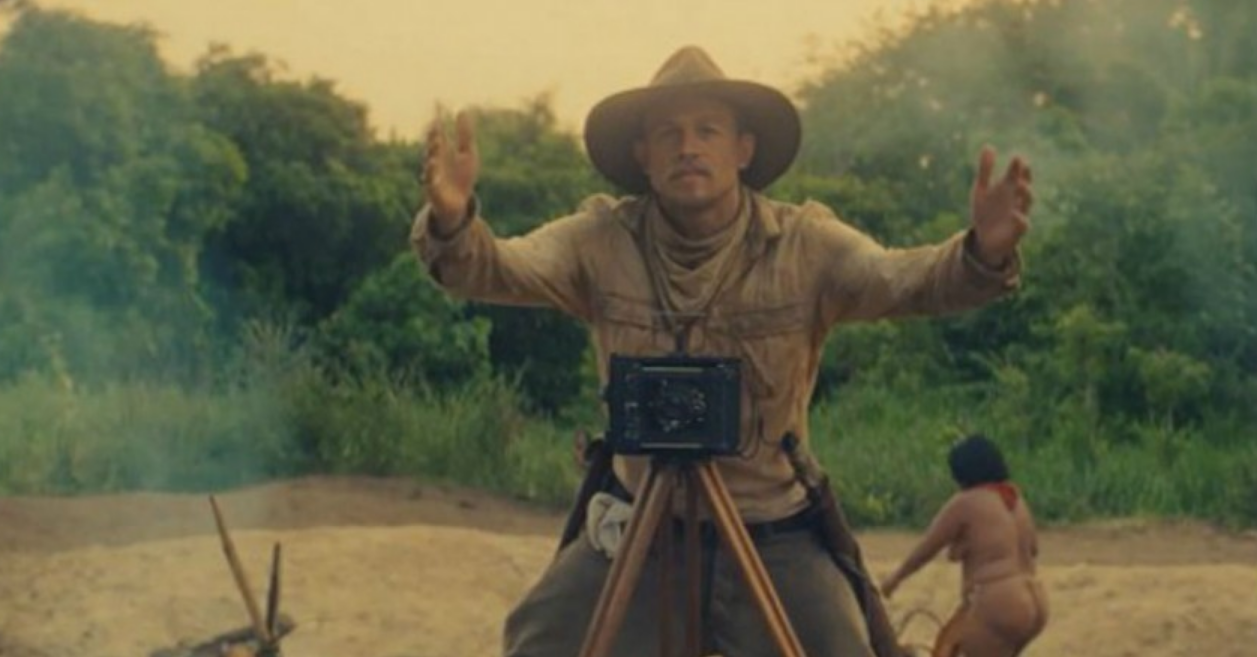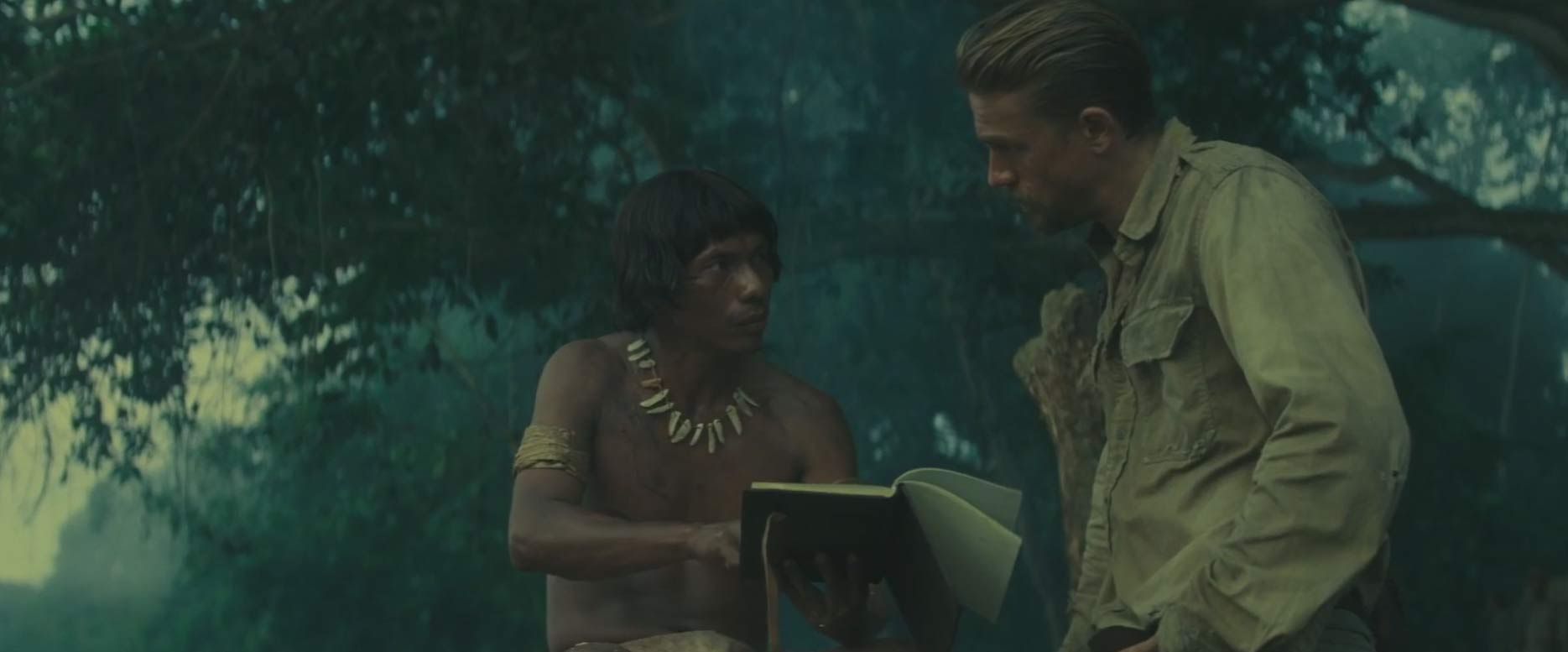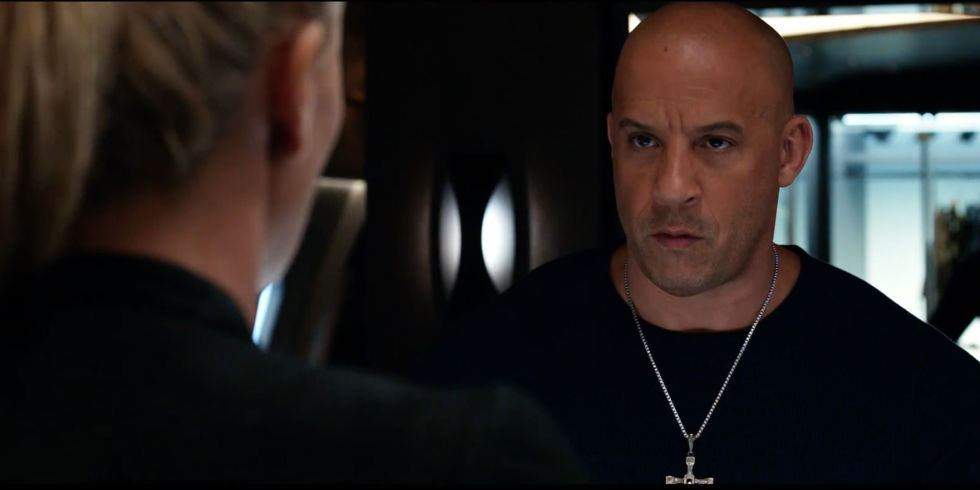It was all supposed to go so smoothly. Romeo (Adrian
Titieni) is a successful physician/devoted father living in a small Romanian
town with his wife Magda (Lia Bugnar) and teen daughter Eliza (Maria-Victoria
Douglas). Eliza is a good student who is on track to graduate and obtain a
scholarship to attend a prestigious university in the U.K. However, unforeseen
chaos threatens to put this plan into jeopardy.
On the morning that Eliza is set to take her final high
school exams she is randomly assaulted, leaving her shell-shocked and in no
shape to focus on an exam. Being the devoted parent he is, Romeo is concerned
about his daughter’s safety/health but he’s also worried about that
scholarship. If Eliza doesn’t do well on her exams she won’t get the scholarship.
What’s a concerned parent to do in order to preserve her bright future? Cheat.
So begins writer/director Cristian Mungiu’s methodical,
understated drama “Graduation,” which thoughtfully explores the ethical
dimensions concerning parenthood and the subtler modes of corruption that find
their way into everyday life.
There are no overt forms of corruption and crime in this
picture; there are no gangsters or rotten police officers and the resolution
isn’t settled with violence. Instead “Graduation” focuses on smaller, seemingly
less harmful, more ambiguous forms of corruption. On the one hand, it’s just a
school exam, what’s the harm in Romeo manipulating the results, especially in
light of what Eliza has been through? She’s a good student who hasn’t done
anything to warrant such a traumatic incident. On the other hand, regardless of
the circumstances, manipulating test results is still unethical and it could
set a bad precedent. What other dishonest deeds are Romeo willing to do for his
family? Dishonesty, whether big or small, is still dishonesty.
Accompanying this dilemma, “Graduation” scrutinizes the ethical
challenges of being a parent. The line between wanting what’s best for your
child and controlling every aspect of their life and destiny isn’t always easy
to see, especially for such a protective father like Romeo, who personally
takes Eliza to school everyday and often exhibits helicopter parent tendencies.
At a certain point, you have to step back a little and let your child/young
adult live their own life, the way they want to live it. Romeo will clearly do
anything to make sure his daughter can move on with her life but is that what
Eliza wants? Does she even want to go to the U.K. in the first place or is that
what Romeo wants?
Mungiu does an exceptional job of crafting a
multidimensional protagonist that’s sympathetic and frustrating. Romeo is well
intentioned; he genuinely cares about his daughter and wants her to have a
great life, a better life than him. But as the film goes on, he becomes
increasingly self-absorbed and constraining--projecting his own regrets and
failures on Eliza’s life and being inconsiderate of her feelings. “Graduation”
is about how our affections and selfish hopes for our children (and loved ones
in general) can occasionally be suffocating and damaging, and can lead us down
a path of dishonesty. The line between what’s right and wrong becomes murkier
when family is involved. Mungiu examines these issues plaguing Romeo and
Eliza’s relationship with restraint and nuance, never spoon-feeding the
audience or resorting to melodrama.
After such heavy, deeply depressing dramas like “4 Months 3
Week and 2 Days” and “Beyond the Hills” it’s refreshing to see that Mungiu is
capable of making a film that’s thought provoking and absorbing but also
doesn’t make you want to commit suicide afterwards. “Graduation” is certainly
no cakewalk but it also doesn’t wallow in gloominess/ tragedy and it ends on a hopeful
(hinting that Romeo is capable of seeing the error of his ways) and ominously open-ended
note--will all those small corrupt acts go unnoticed by authoritative forces
forever?













